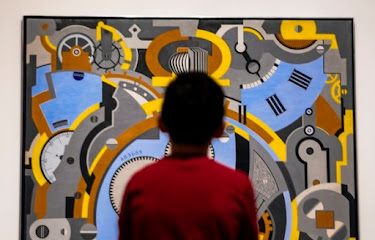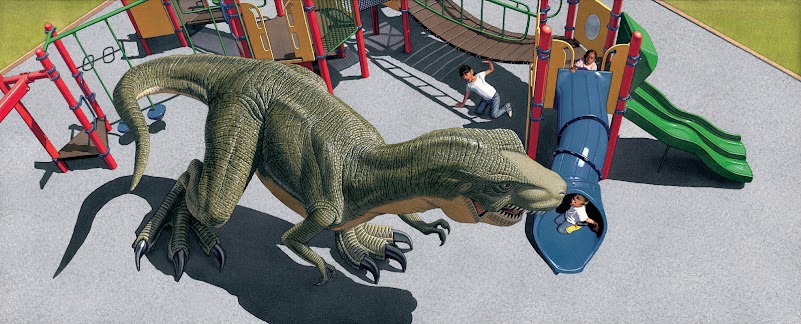Should We VTS in Preschool?—100% YES!

Do you consciously use visual thinking strategies (VTS) to understand new pieces of fine art? Do you use them to make sense of other images? VTS are often incorporated into museum programs; visitors and researchers alike describe this meaning-making process as an invigorating experience. Cognitive psychologist, Abigail Housen and former MoMA director of education, Phillip Yenawine, originally developed VTS in 1991 to expand museum visitors' visual literacy skills. Today, VTS is used in elementary, middle, and high school classrooms across the country as a means of cultivating visual literacy and supporting comprehension. New research suggests VTS even builds preschool children’s visual literacy capacities and that it nurtures their oral language development (Yenawine, 2018)—a key contributor to reading success. So, how can you get started using VTS with your students and/or children? The first step is to select an appropriate piece of artwork. Finding images that make good us...
